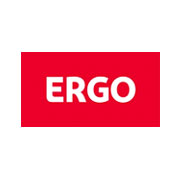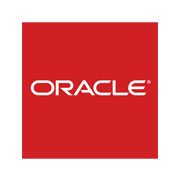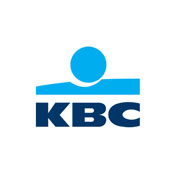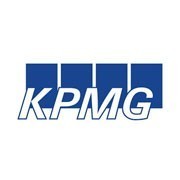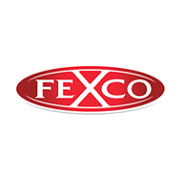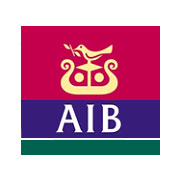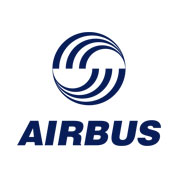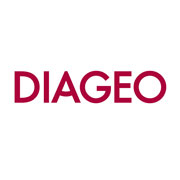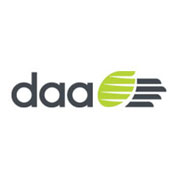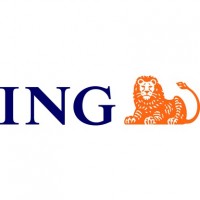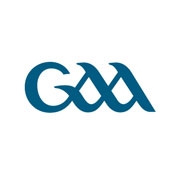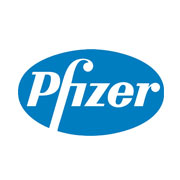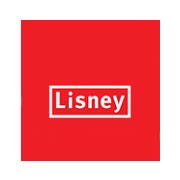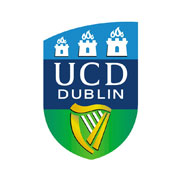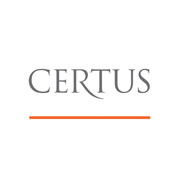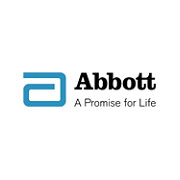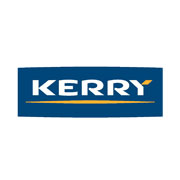MASTERCLASS OVERVIEW
MASTERCLASS – MANAGING THE GENERATION GAP IN THE WORKPLACE TODAY
This session will focus on defining and understanding the different generations that are in the workplace today. The session will start by defining exactly what the different generations are and identifying the key differences.
We’ll then take a look at the key priorities and values for each generation and explore how they differ followed by best practice in how to manage individuals from each generation. Finally, the session will wrap up with a look at how to engage with cross-generational staff and benefit from diversity.
This session is mostly instructor led with interaction and questions from the audience. There are no exercises and /or key learning activities.
At the end of the session attendees will receive the following takeaway items:
- A handout explaining the key information and differences across the generation
- A guide on how to manage communications across different generations
On completion of the is course you will :
- Learn the key differences between the identified generations
- Be able to identify the key values and communication styles of each generation
- Understand best practice and how to interact and manage across the range of generations
- Learn how to manage the generation gap in the workplace
Who should attend?
- This course is for those who wish to understand the how ways of working, expectations and communication styles may differ between varying generational groups within the workplace.
- Managers and Team Leaders who manage multi-generational teams and who wish to create mutual understanding and beneficial communication within these teams.

